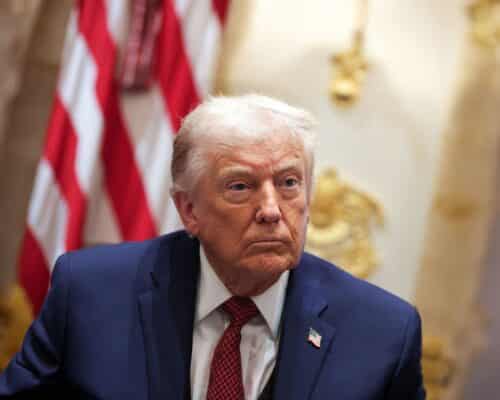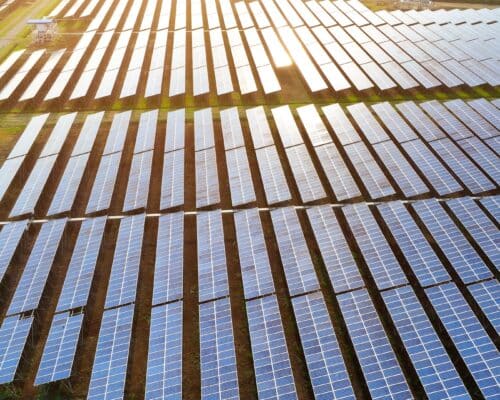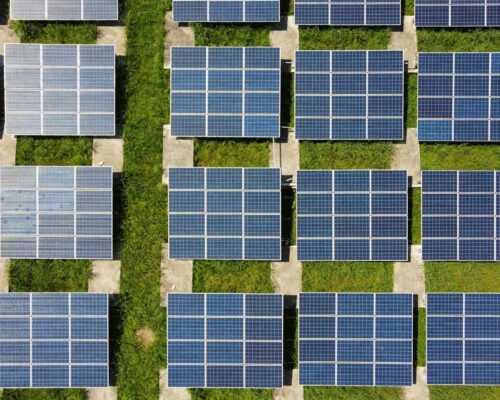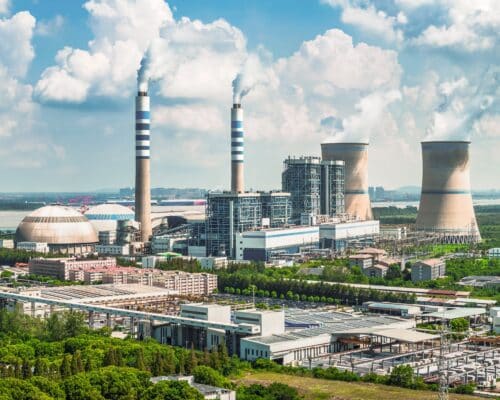Articles
Vietnam’s Block B Gas Project – the Potential Impact on the Involved Parties
Vietnam has a vast potential for wind and solar power. Yet, the country pushes ahead with plans like the Block B gas project. In a world of highly-unpredictable gas prices where the end goal is net-zero, such a step can prove costly for all parties involved.
A Guide To Renewable Energy Salaries [2022]
Renewable energy salaries are rising as renewable technology is adopted and countries work to decarbonise their energy systems. This trend will likely continue, with the potential for a significant labour shortage and skill gap. The upcoming decades are a make or break period for the Paris Climate Agreement. Data shows that the renewable energy industry is a growing opportunity for job seekers looking to help countries achieve their decarbonisation targets.
Power Crisis in India – Picking up the Pieces After the Heatwave
India’s poorest communities are still reeling from the intense heatwave that recently enveloped the country. At the same time, infrastructure assets are struggling to cope with this climatic upheaval. What could be the way out?
Labour Climate Change Policy 2022 in Australia – Ambitious, but Facing Lots of Challenges
Australia is on the receiving end of the harshest impacts of climate change. The IPCC says Australia is racing towards a future of similar or even worse disasters. Labours new climate policy offers hope.
How Do Wind Turbines Work?
Wind turbines capture the kinetic energy in the wind, transfer it into mechanical energy and finally turn the mechanical energy into electricity. This energy transfer, and wind turbines themselves, have seen a dramatic increase in efficiency over the last several decades. This is leading to increasing rates of adoption with new designs and broader applications.
The Philippines’ Climate Policies and the Priorities for the New President
The new president and his administration will have to lead the Philippines through one of the most critical moments in the battle against climate change. Considering how much is at stake for the island country, the new leadership should pursue ambitious climate policies that abandon fossil fuels and prioritise renewables.
Energy Sector in India: Coping With The 2022 Heatwave
Record breaking heatwaves in India in 2022 caused huge surges in energy use and power outages from increased loads. Drastic measures were taken that included soaring coal use.
Elections in Asia 2022 and Their Effect on the Region
The recent elections in South Korea, Australia and the Philippines have helped paint a picture of the region's net-zero journey. While the new leaders of the three countries have announced some ambitious goals, the overall sense is that more could be done, considering the vast renewable energy potential of the region.
Zero-carbon Cement: Is It Possible To Go Fossil-Fuel-Free?
Can cement truly become zero carbon? Some companies think so, with some seeing up to a 70% carbon emission reduction in the production process.
Climate Change in Australia: How Will Labour Government Address it?
Australia’s latest plans to fight climate change and transform the country into a clean energy superpower are a welcome shift after a period of frustration.
Technological Innovation Examples: A Balancing Act for Climate Impact
Technology plays an important role in dictating how the world develops. It has helped humans advance, and it exists across all industries. However, innovations that exploit the environment do come with consequences. We are still looking for a balance between innovation, sustainability and progress. But, time is running out.
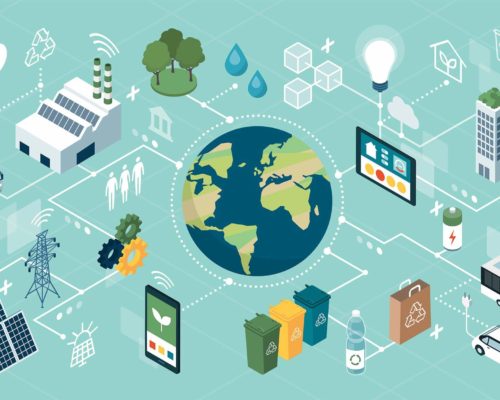
Best Technology Solutions For Climate Change Mitigation
Technology has a pivotal role to play in climate change mitigation. We need ways to efficiently harness renewable energy while reducing the climate impacts we have already created. While our current technology is a good start, we will need to find ways to continually speed up decarbonisation.
Should the G7 Invest In Gas Again? – Podcast
In this episode of Energy Insights podcast, Friederike Roder speaks to Energy Tracker Asia about the recent G7 summit 2022, where leaders of the globe's richest nations decided to invest in gas to shore up global energy supplies amidst a global energy crisis.
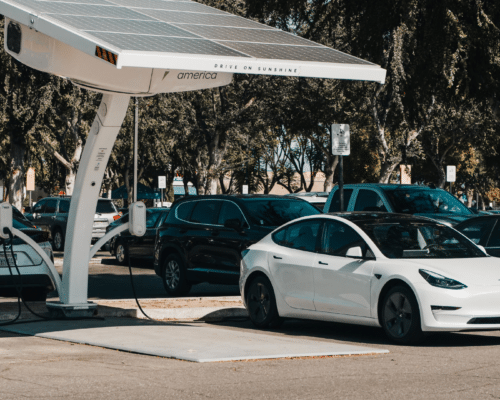
How Southeast Asia Is Faring in the EV Race
As people become more aware of climate issues, countries are starting to look towards EVs as a way to decarbonise. This has resulted in many governments pushing for measures to electrify road transport. Investors are also increasingly turning to the EV ecosystem as an attractive, long-term investment.
Most Popular
Most Popular
Categories
-
10
-
34
-
126
-
4
-
17
-
46
-
52
-
11
-
10
-
15
-
24
-
6
-
1
-
5
-
6
-
281
-
200
-
17
-
24
-
1
-
1
-
23
-
41
-
44
-
87
-
18
-
86
-
41
-
17
-
11
-
43
-
54
-
86
-
296
-
22
-
44
-
36
-
10
-
42
-
36
